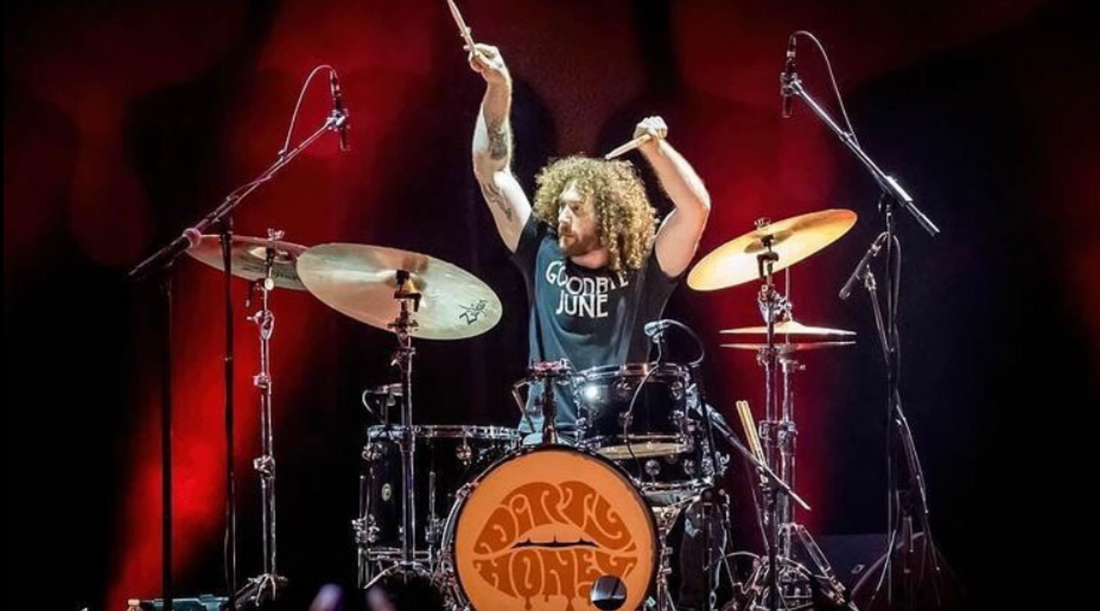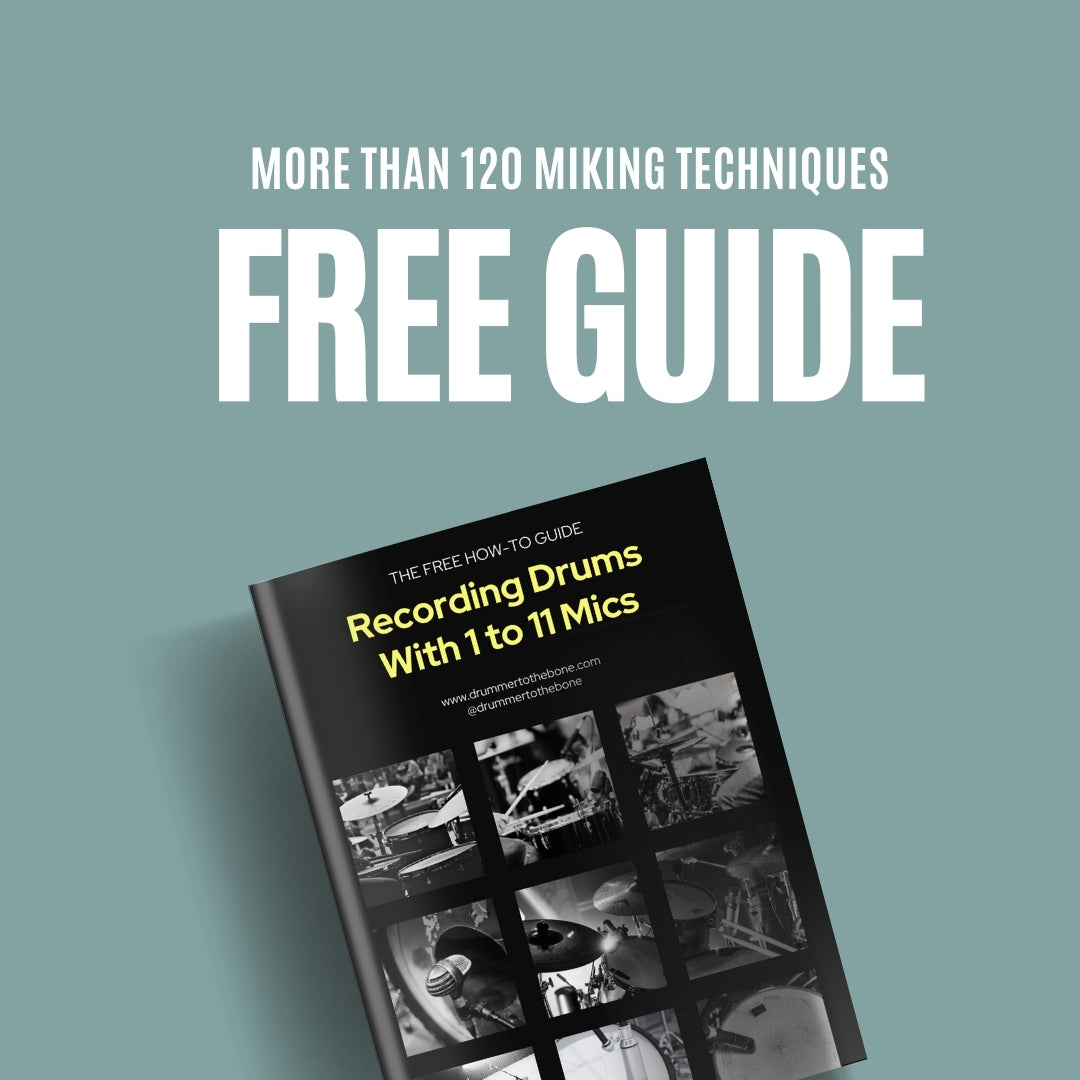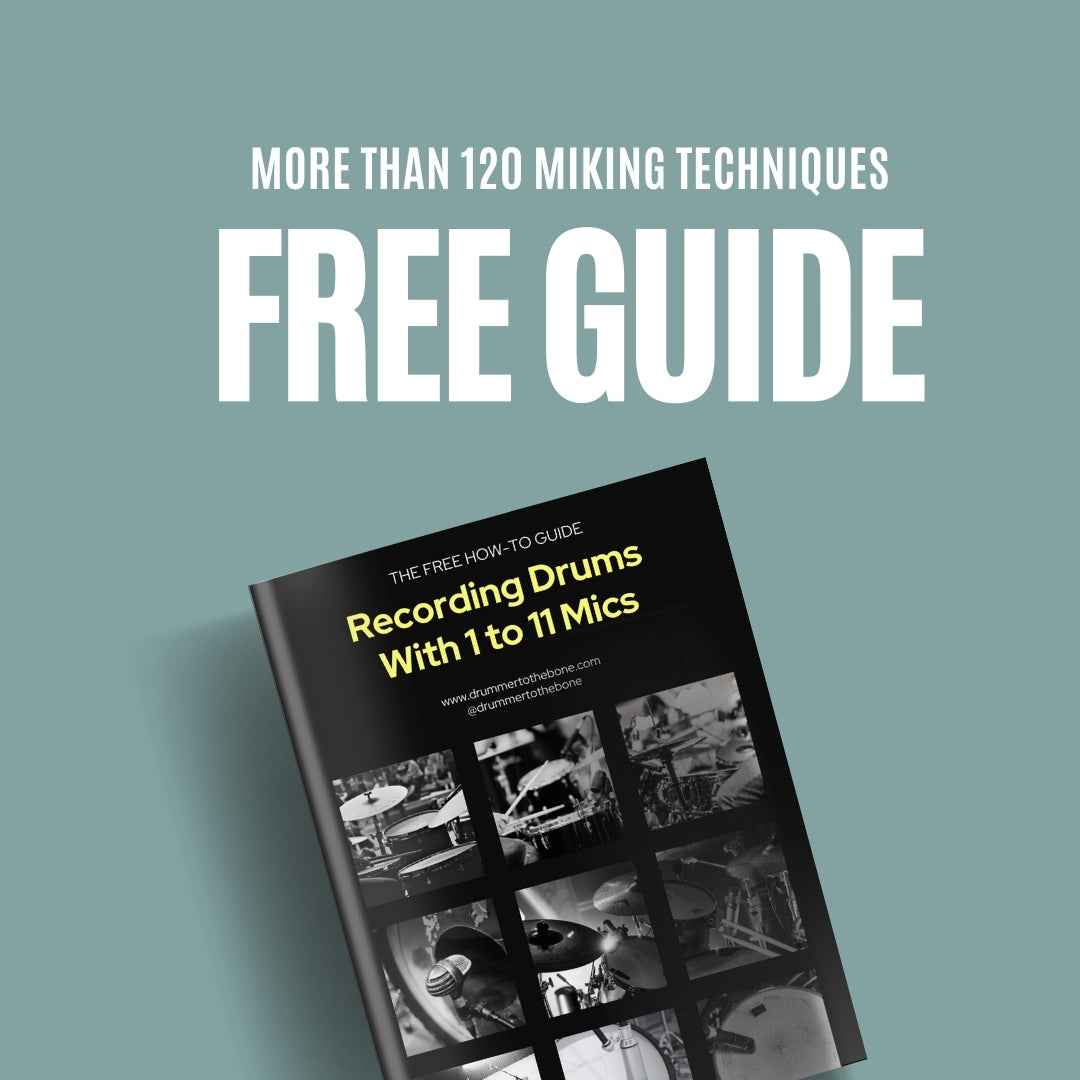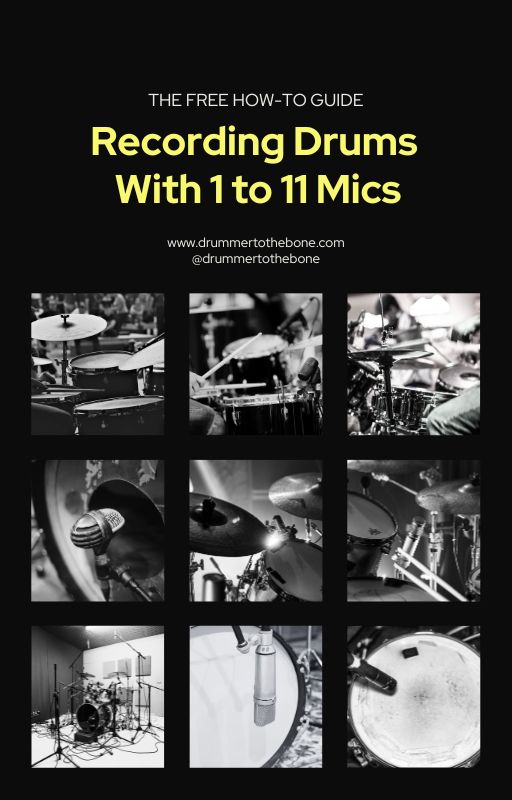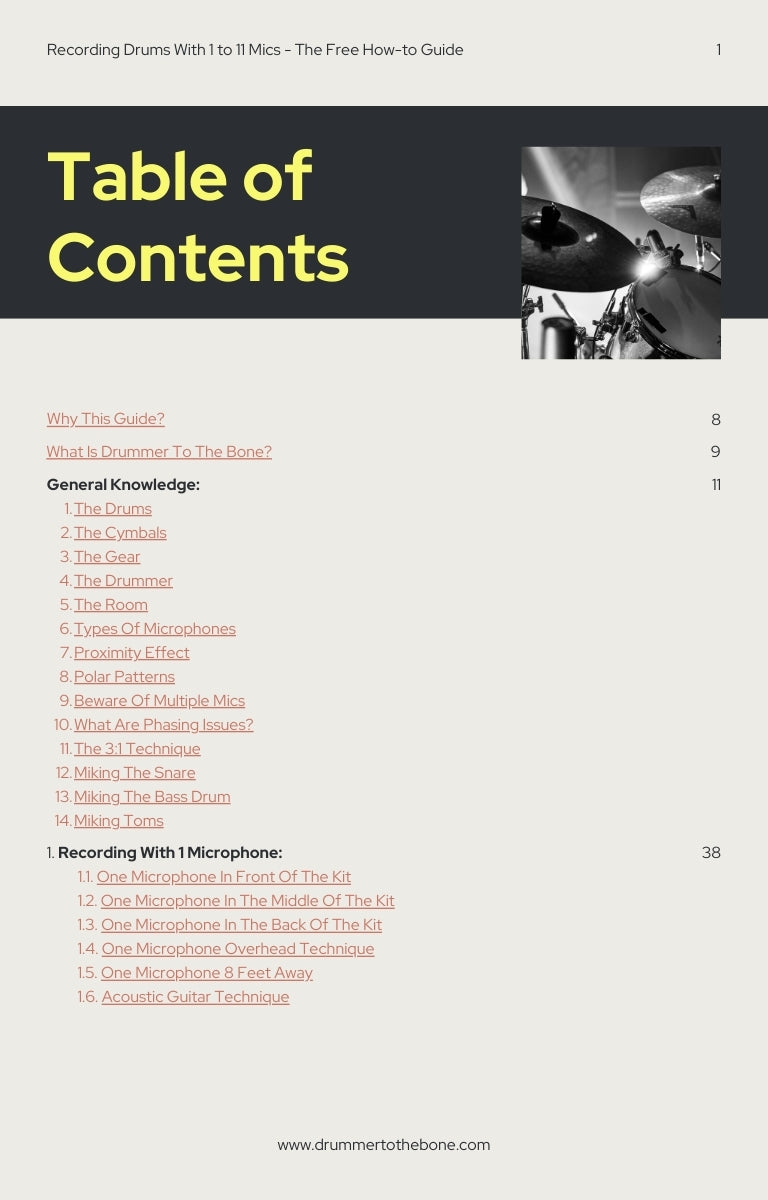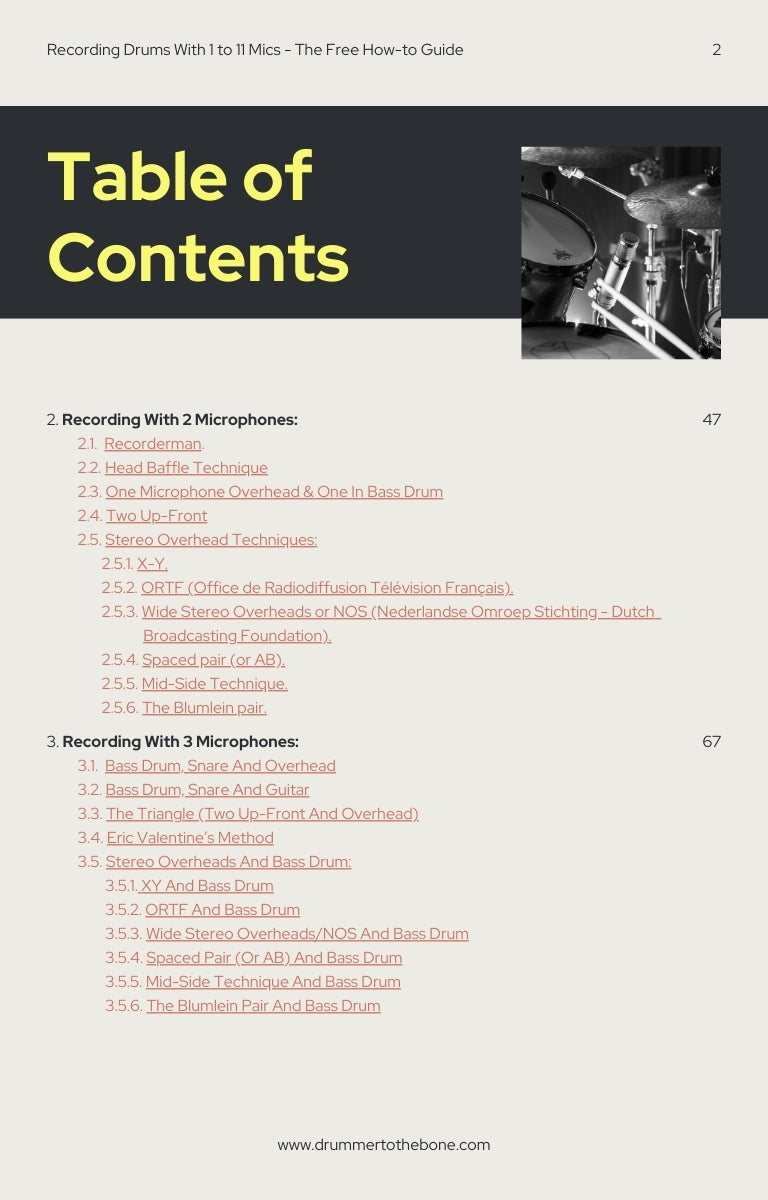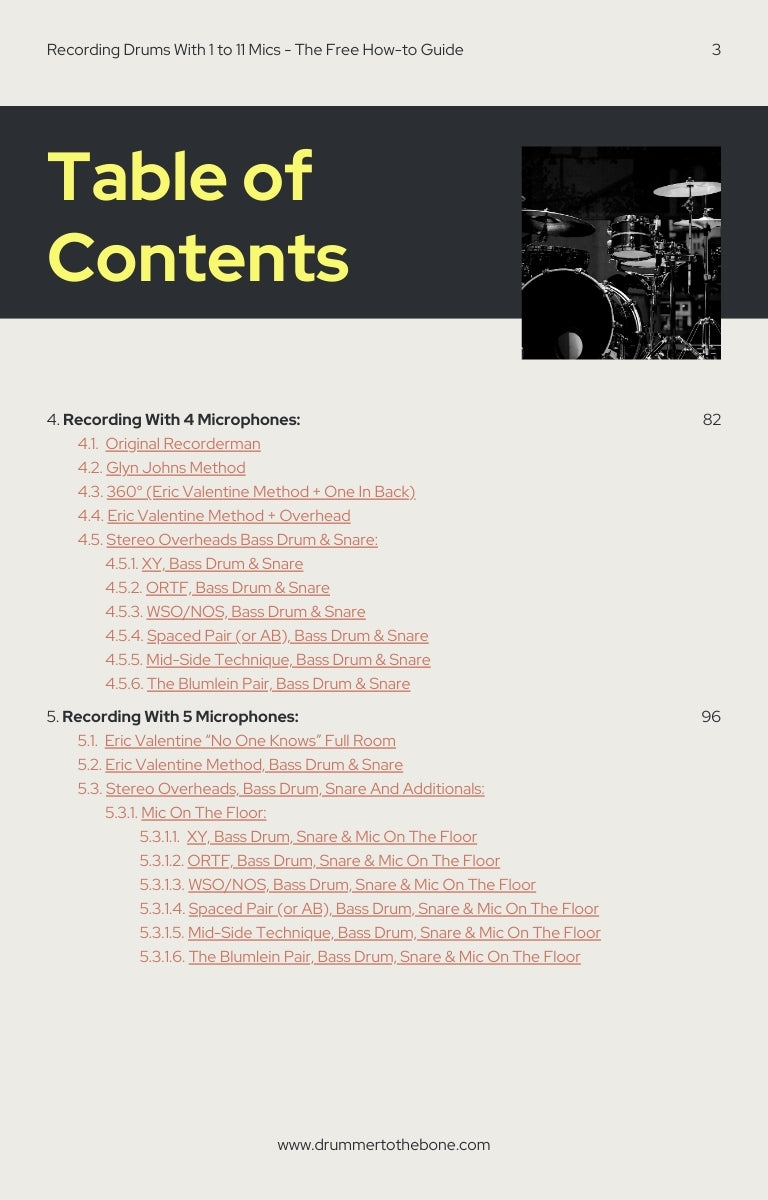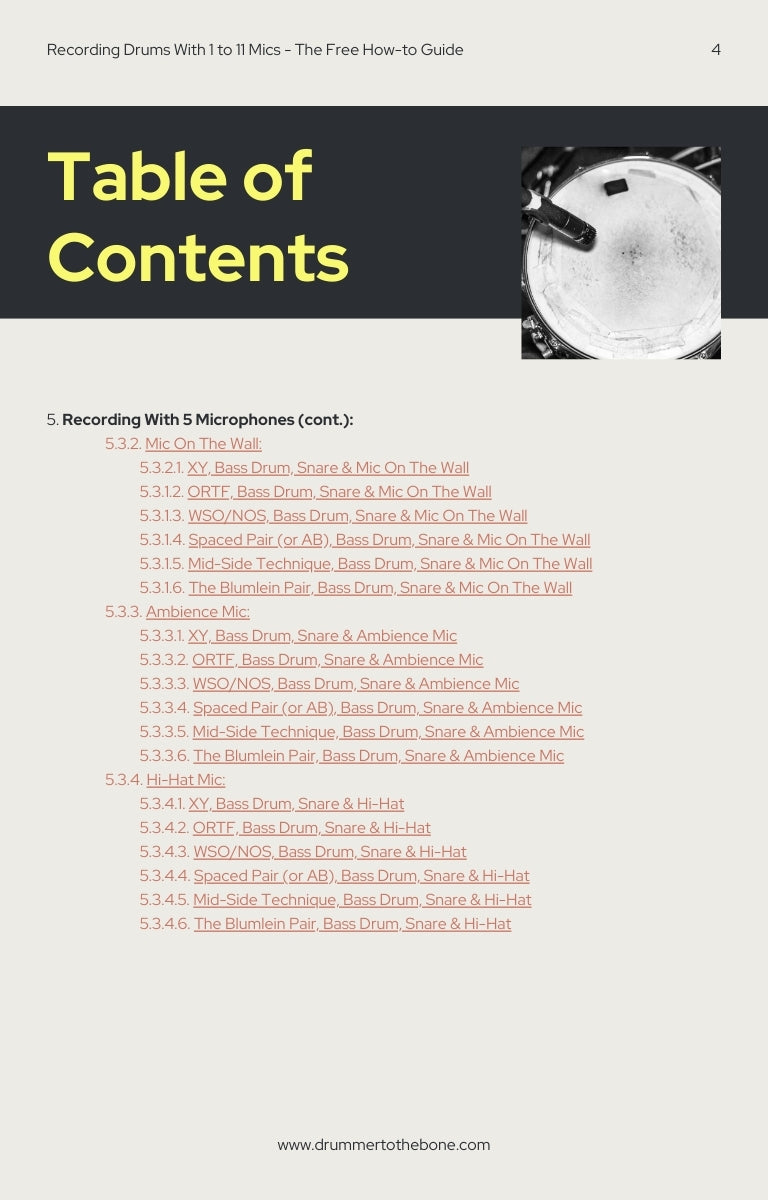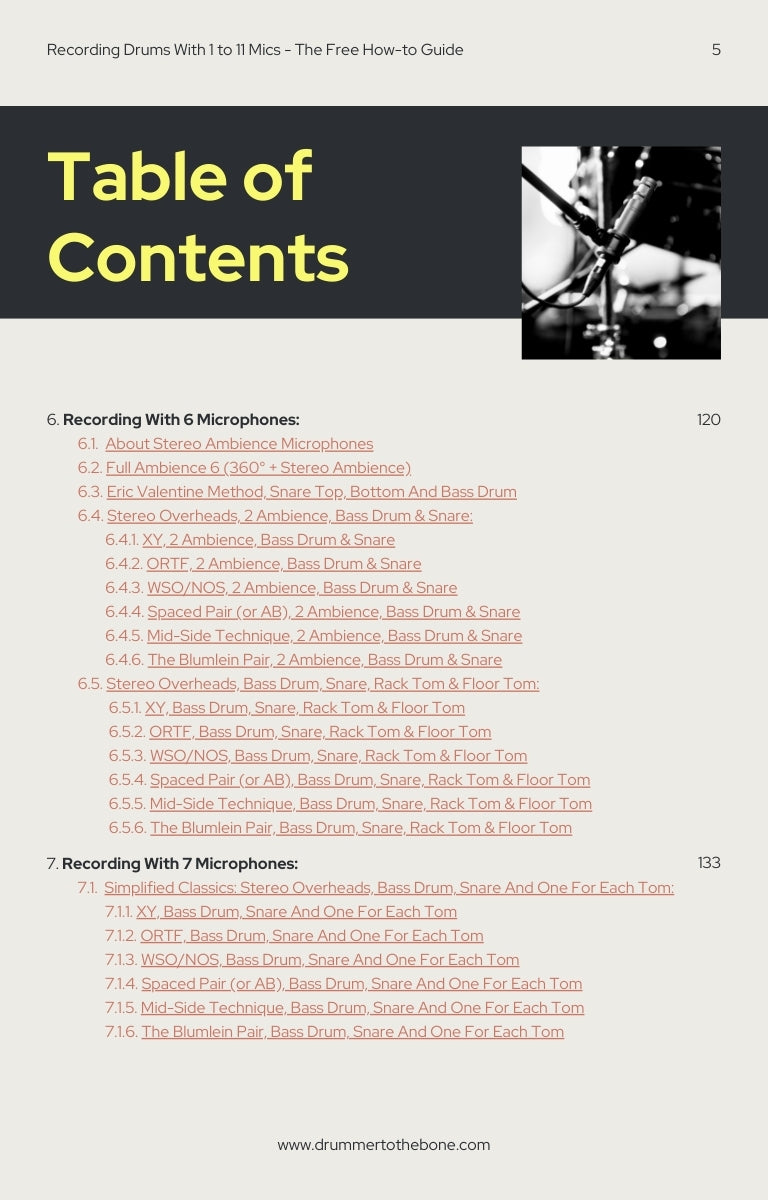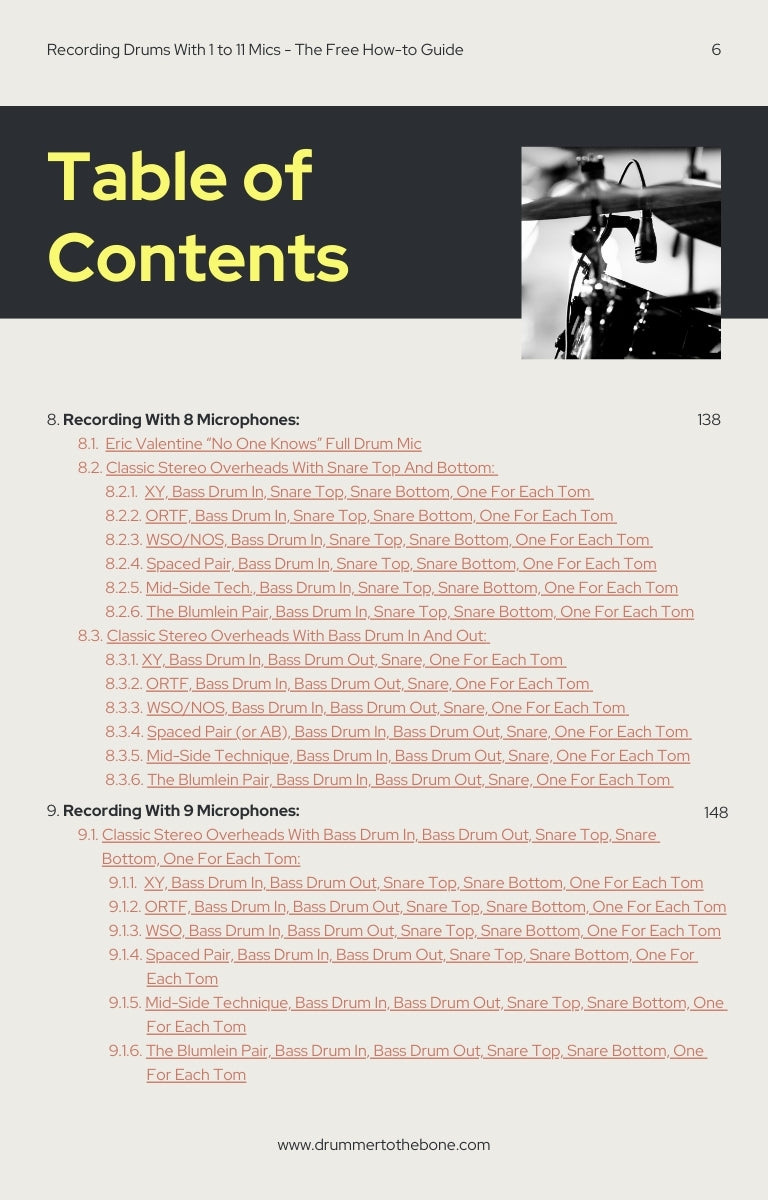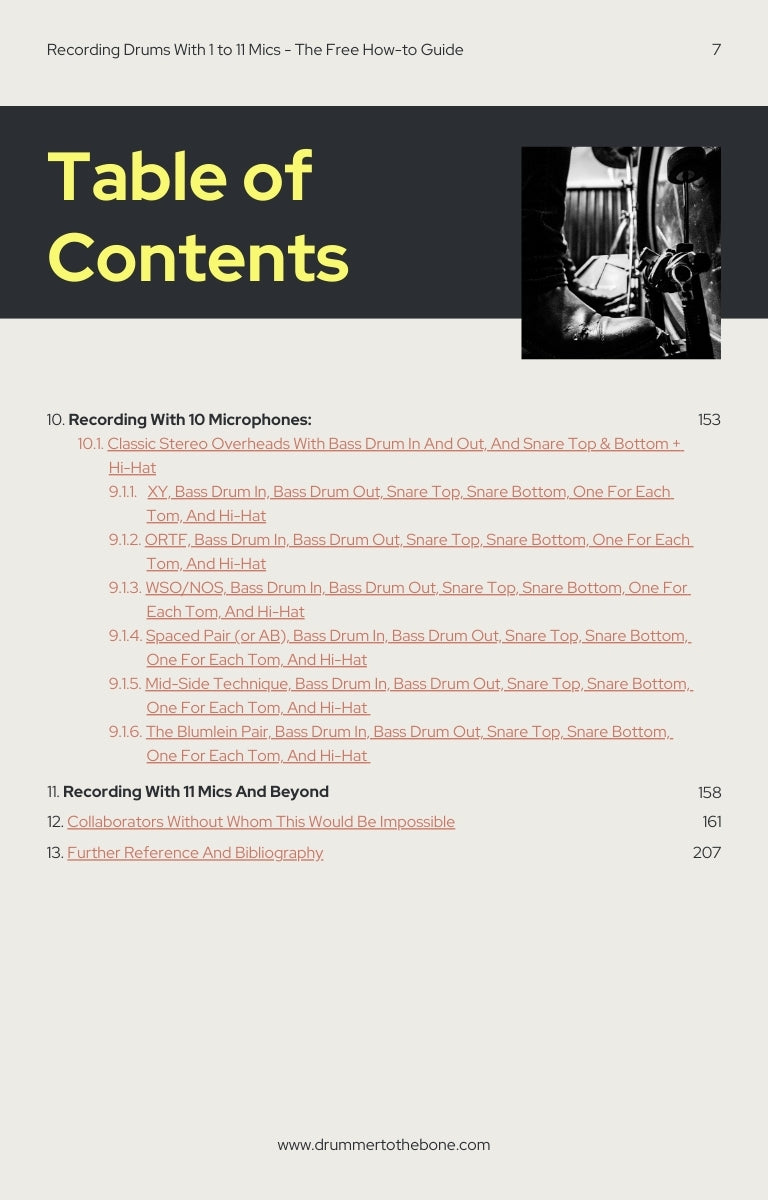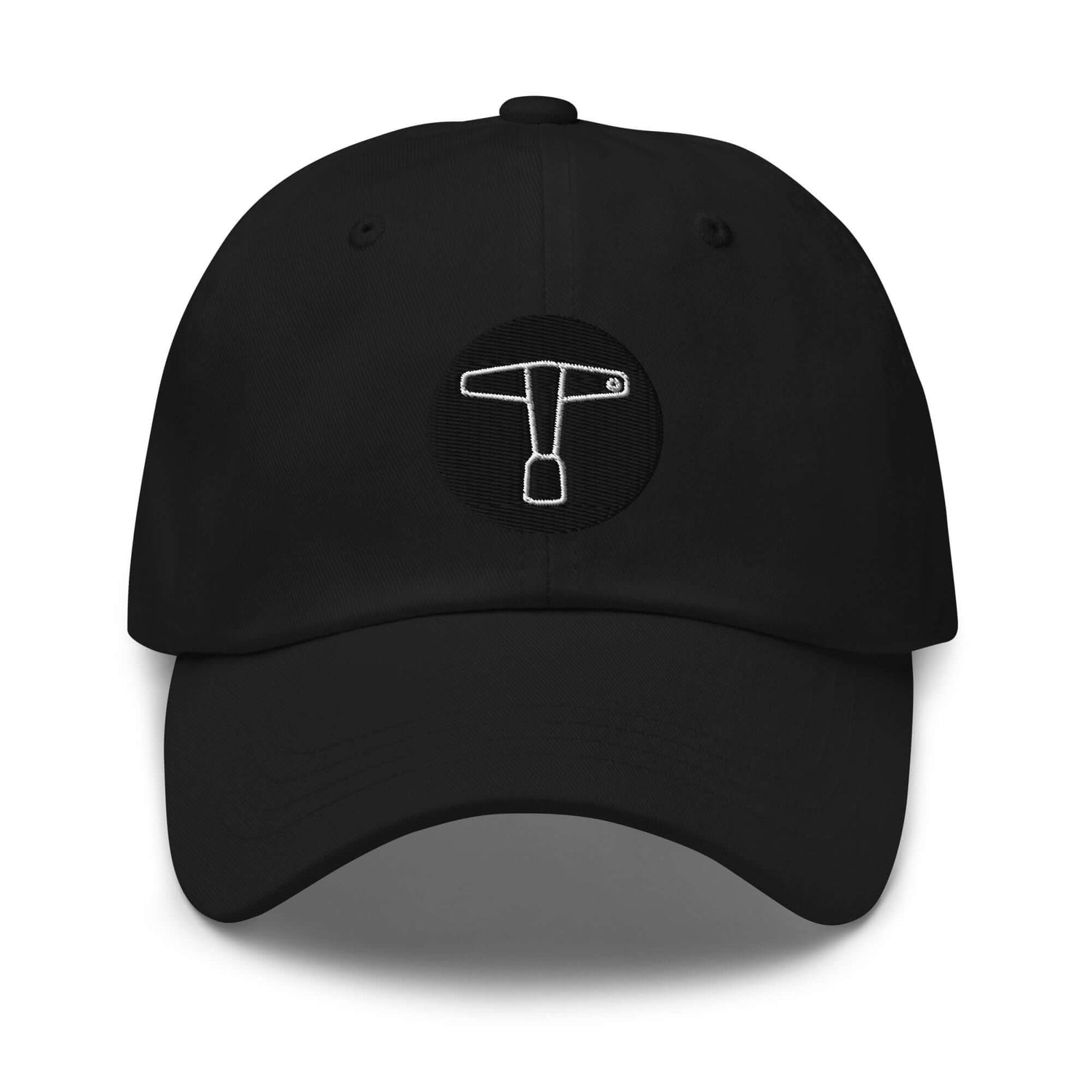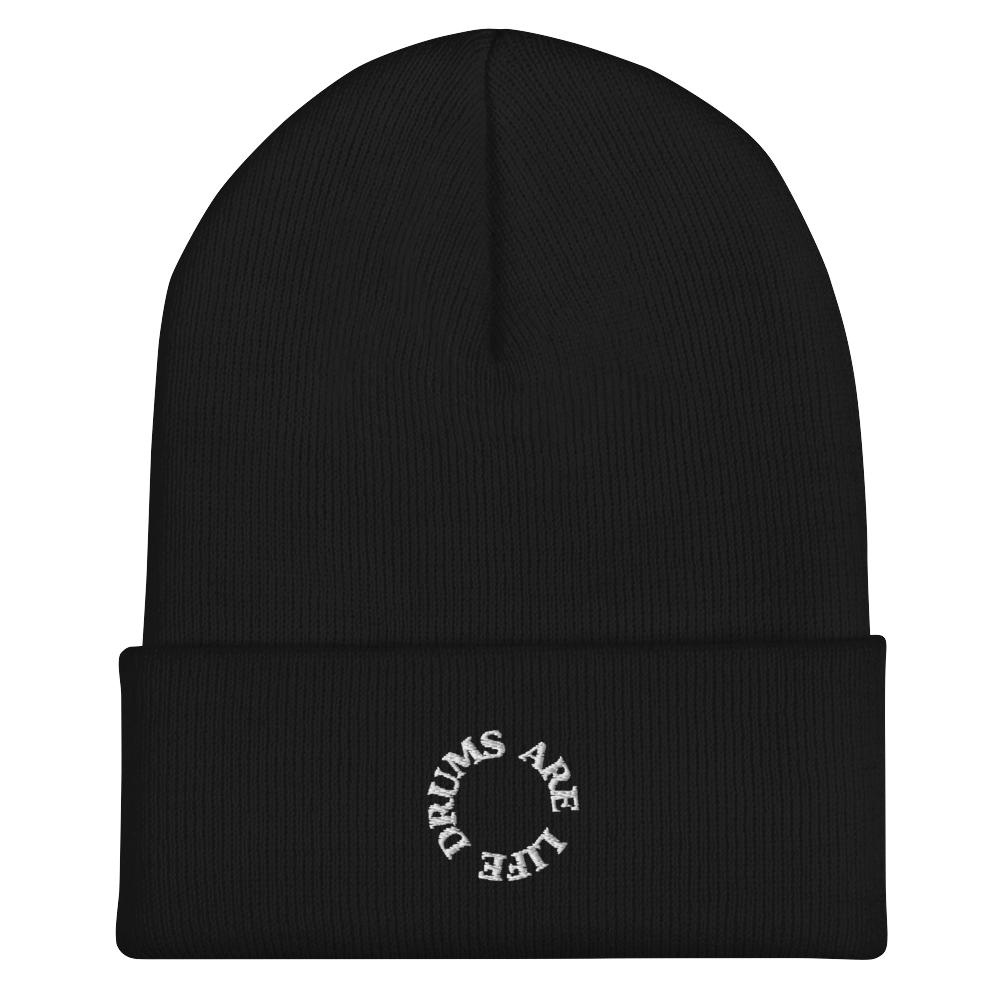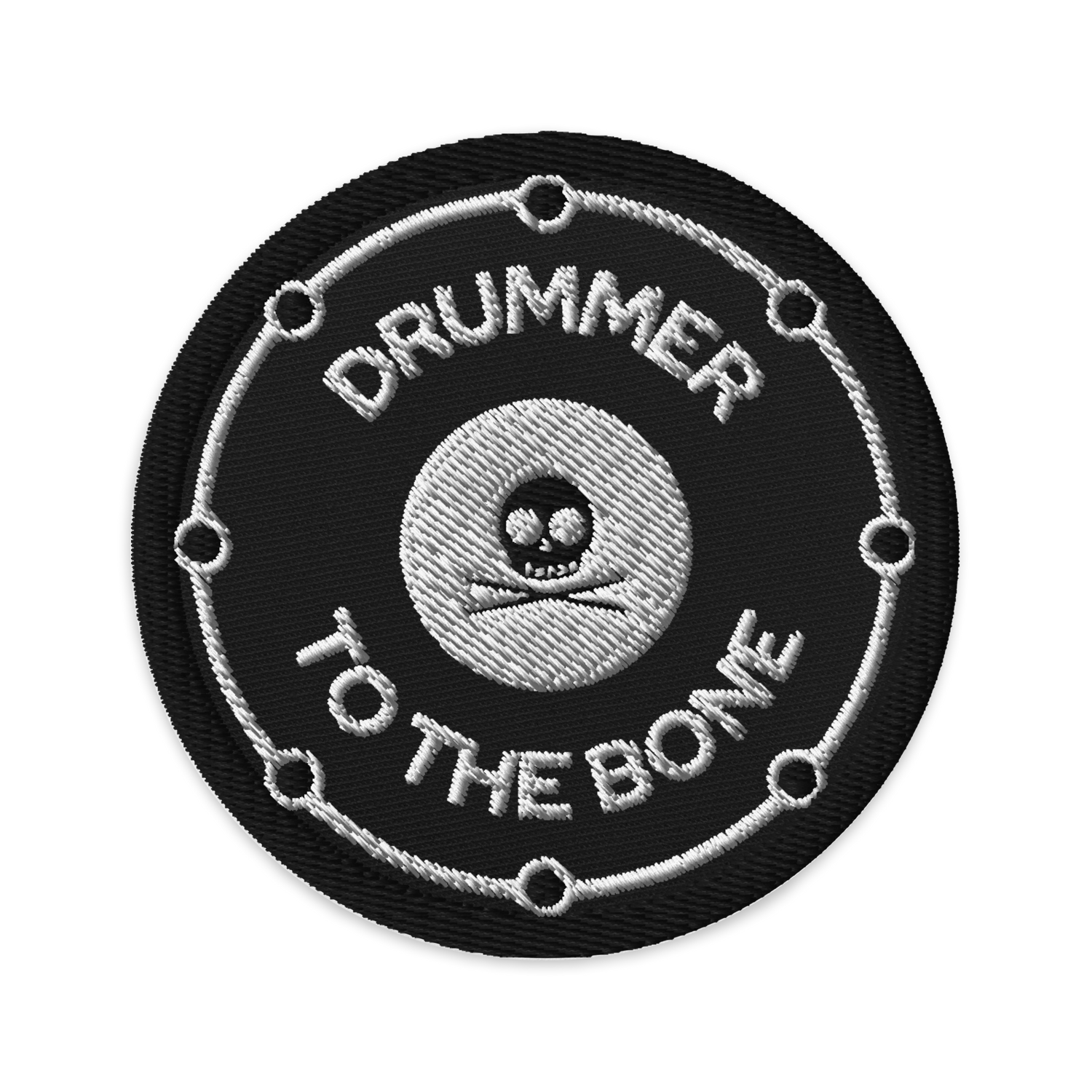
Tom Sawada
About Corey Coverstone
Corey Coverstone is an LA-based session drummer, solo artist & educator. Endorsed by DW Drums, Wincent Drum Sticks and E-Pad Practice Pads.
He has recorded on number one and multiple top five rock songs with the band Dirty Honey, toured the world headlining theaters and playing arenas opening for Guns N' Roses, The Who, Kiss, The Black Crowes, Alter Bridge, and more. He's been featured in Modern Drummer magazine as well as on Drum Channel, and Rolling Stone Magazine as the drummer for Dirty Honey.

Tom: How do you get featured in Modern Drummer Magazine?
Corey: To me, the keys to success have always been staying dedicated to the craft.
Having teachers that are good, guiding you, and putting in the energy and the time to practice stuff that you need to be working on. And just staying focused and trying to become the best drummer, the best musician that you can. And to me, that was always the key to success.
Having teachers that are good, guiding you, and putting in the energy and the time to practice stuff that you need to be working on. And just staying focused and trying to become the best drummer, the best musician that you can. And to me, that was always the key to success.
So there's that piece of it. There's also this element of, (in full transparency), a lot of times you need a publicist.
I think there are special cases, if you're an absolute virtuoso, redefining how drums are played, once-a-century type of music, then, of course, maybe the magazines are gonna seek you out and just want to feature you because you're so special.
I am not that player. So the way it happened for me was trying my best to be the best musician I could playing with Dirty Honey, and we had a publicist. So they're doing their thing. Those were the two main elements: being in a band with exposure and having a publicist.
Tom: You’ve toured with some of the biggest bands in the world. How is that any different from touring as a smaller band? How do the big artists do it?
Corey: They all do it a little differently. In what I've seen, Guns and Roses, for example. They're huge, so they have intense security. We were also opening for them around COVID. There was still all that protocol. And, they wanted to be by-the-book and careful with COVID protocols. My experience with them was very strict.
On the contrary, with Kiss, we played a couple shows in Europe with them. And that was like, the most relaxed, just didn't give a f**k, we were in their dressing room area, walking around. Just a bunch of guys hanging out. Black Crows were kind of similar.

Tom: What are the keys to get an endorsement?
Corey: In music, as with everything, endorsements included, there are many paths, and it's not just one way to go about it.
You know, I was the same way when I was young. And first starting out, I would tell my teacher, I'm like, “How do I get endorsements?” “What do I do?” And he's like, “you gotta have a gig”. It's a business. When I was a kid, I always thought it's all about the skill, I didn't know what I thought it was about, I guess I was just naive. It's a business. Companies want their products to be seen by audiences. If you don't have an audience, then, they might not endorse you. But then there's the flip side of that. If you're a virtuoso, like redefining how the instruments play, then maybe that's your path. Or maybe you're a super successful educator, and that's your path. There are different facets
I am not a virtuoso, so I didn't have that. I wasn't like a super established educator or something, and I didn't particularly have a huge following. So there was no real reason for these companies to want to hand over their products at a discount or for free or anything. So it took playing with Dirty Honey and being in a somewhat successful band for a few years and then that was the exact path for me with DW.
DW came through our tour manager at the time. We just kind of connected and said, “I'm playing with this band Dirty Honey, we just opened for The Who in Michigan” and the business people connecting dots introduced me. One of the artist relations people at DW came to the show in Grand Rapids where we opened for The Who.
We met, did some small talk and kept in touch. And then a few weeks and lots of emails later they're like, “so here's our offer. We'll offer you the entry level. Bronze tier.”
And then with Vincent sticks. I met the Artist Relations guy in Sweden at a festival. He approached me backstage and I actually needed sticks because we were on a crazy schedule. I don't even know if we had the bus at that show or what the situation was. But we were flying to do one-off festivals and dates and then linking back up with our gear and renting. It was crazy. So I think at that show, I actually didn't have sticks. So he gave me a pair of Vincent sticks. And I was like, Oh, what the hell are these? And it was the Mikey Dee model, the drummer for The Scorpions and Motörhead.
I was like, “Okay, I usually play with 2B's.” But they felt really good. Like, right off the bat. I was pretty impressed. And then we just kept in touch. He reached back out to me at the beginning of this year, and asked if I'd be interested in trying some samples, and I tried a bunch of their products. Found that the 5B would be the one. They have like a white 5B, that is kind of tacky. I like that.
ePad practice pads was through my first serious teacher and mentor, Nate Morton. He plays drums with everybody, but he plays on the voice TV show.
He introduced me to Ed, who owns the company, and just kind of put in a good word for me.
I think ultimately you just have to be doing stuff. For the companies to want you to publicly be out there. Have exposure.
But that doesn't mean you can't have a great relationship with these companies like I am fortunate to have.

Tom: Which are the right things to practice in order to progress?
Corey: I like working with a pad or actually just clapping with a metronome because then you're working with a sound that's not like a snare drum, that has a longer sound. Or, when you're working with a variable staccato sound, like the metronome, which is very staccato, you can hear exactly where you're putting the sound in relation to the metronome, which is presumably perfect time.
And doing that for hours and at specific tempos. It has to do with what my teacher called "tempo gravity". And this theory is the idea that the middle tempos (100 BPM) are the easiest tempos. So you start there. And from there, the slower tempo and the faster tempos are harder tempos that you work towards. And the tendency with slow tempo is that you want to rush back towards the middle tempo. The tendency with fast tempos is to drag back towards tempo. So that's why he calls it "tempo gravity" towards medium tempos.
I think that if you go about in a systematic way, starting in the middle, which is comfortable, and branching out, slowly to these more challenging tempos. It's funny to say that because it's the same thing, it's an expression of the evenness of time.
Tom: How do you deal with playing behind or ahead of the beat in the studio?
Corey: If I'm in the studio, and we're playing to a click, I just try to smash the click, way down the middle and let the other guys do what they're going to do. And that's it.
-----
You can reach out to Corey at his website https://ccdrumlessons.com or his Instagram https://www.instagram.com/coreycoverstone.
Want the full, unedited interview with Corey? You can check it out here

